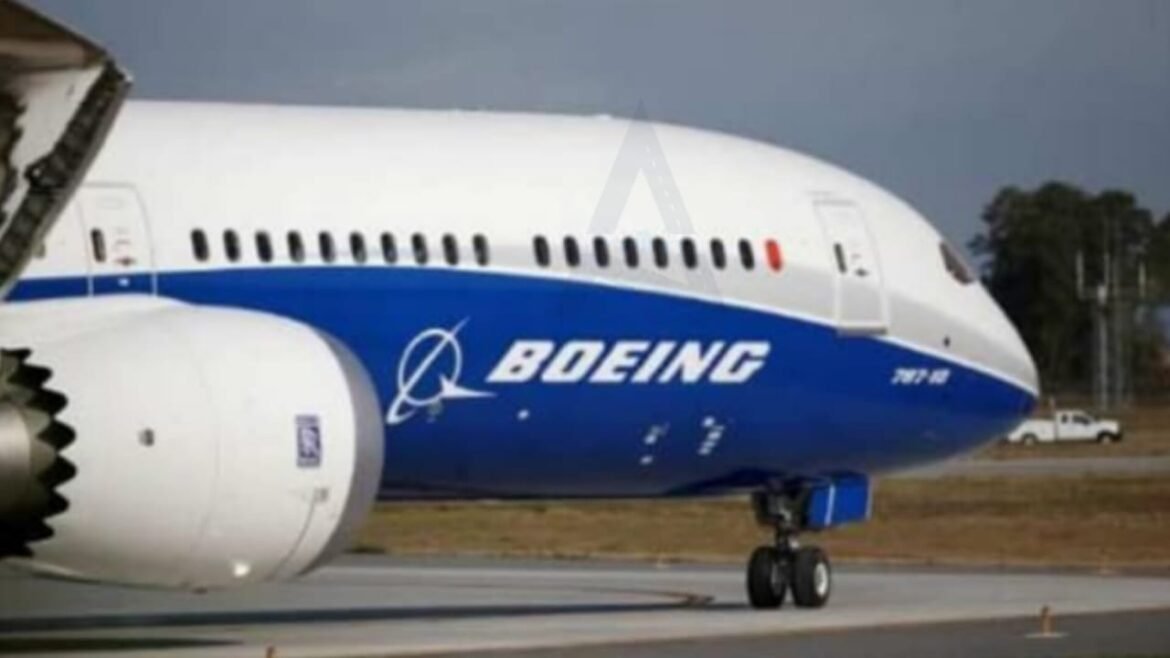Recent reports indicate that current and former executives at Boeing are unlikely to face criminal charges in connection with the tragic crashes of two 737 Max aircraft. This development comes after a thorough investigation into the events surrounding the accidents, which claimed the lives of 346 people and raised serious questions about the safety of Boeing’s flagship aircraft.
The decision not to pursue criminal charges against Boeing executives has sparked mixed reactions among stakeholders, including families of the crash victims, aviation experts, and industry observers. While some argue that accountability is essential for ensuring justice and preventing future tragedies, others contend that assigning blame solely to individuals may overlook systemic issues within the aviation industry and regulatory framework.
The crashes of Lion Air Flight 610 in October 2018 and Ethiopian Airlines Flight 302 in March 2019 were attributed to a faulty flight control system known as the Maneuvering Characteristics Augmentation System (MCAS), which repeatedly pushed the aircraft’s nose down due to erroneous sensor data. Investigations revealed that Boeing had failed to adequately inform pilots about the existence and operation of the MCAS, leading to confusion and loss of control in both incidents.
In response to the crashes, Boeing implemented software updates and revised pilot training procedures to address the underlying issues with the MCAS system. Additionally, the Federal Aviation Administration (FAA) conducted a comprehensive review of the 737 Max’s certification process, leading to the grounding of the aircraft worldwide and subsequent modifications to enhance its safety.
While the decision not to pursue criminal charges against Boeing executives may disappoint some, it is important to recognize the broader context in which these events unfolded. The 737 Max crashes exposed systemic failures in aircraft certification, regulatory oversight, and corporate culture within Boeing and the aviation industry as a whole.
Moving forward, it is imperative for Boeing and other stakeholders to learn from the mistakes of the past and implement meaningful reforms to prevent similar tragedies in the future. This includes fostering a culture of transparency, accountability, and safety within the company, as well as strengthening regulatory oversight and collaboration between manufacturers, airlines, and aviation authorities.
Ultimately, the legacy of the 737 Max crashes should serve as a catalyst for positive change in the aviation industry, leading to safer skies for passengers and crew worldwide. While the decision not to pursue criminal charges against Boeing executives may be disappointing to some, it is essential to focus on the lessons learned and the actions needed to prevent similar tragedies from occurring in the future.

